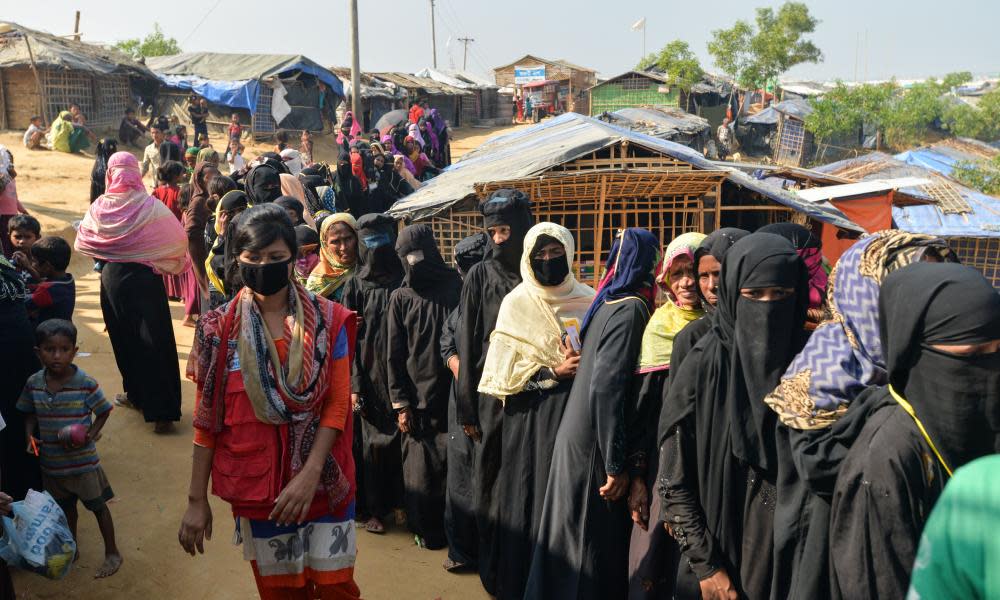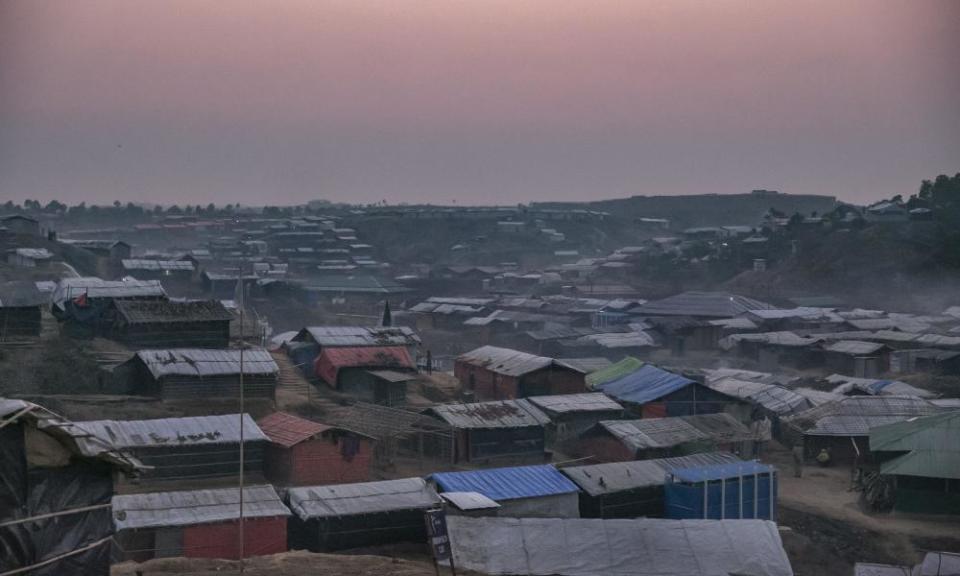Someone has to ask the Rohingya what they actually want

In the last week I have spent time in Cox’s Bazar in Bangladesh among the Rohingya refugees in the camps of Kutupalong and Balukhali. It has been a distressing experience to speak to so many people with so little left in their lives.
I spoke to one mother of nine children, who said they fled their home in fear after her neighbours were killed. It took her eight gruelling days to get to safety. She is absolutely insistent that she won’t go back to Myanmar without the documents that establish her right to be there.
One man told me how his two sons, aged 18 and 21, were murdered on their way home by the Myanmar military. The desperation in his eyes was heartbreaking. Why would he want to return to Myanmar? He and his wife have nothing left to go back to.
There are endless stories like this – endless stories of death. From everything I’ve seen and heard, I can say without question that the Rohingya have an overwhelming sense of fear about their future. People believe they will be killed if they are sent back to Myanmar under a repatriation process.
They were also very clear that their original homes don’t even exist. If sent back, they would be in a transit camp established by the Myanmar government, and they know that is likely to be worse than the camps on the Bangladesh side of the border.
True, life is difficult in the camps, yet many are grateful just to be able to say: “At least we’re not being shot at.” For all the trauma and hardship of being in a refugee camp, they are not living in constant fear of rape and death at the hands of the Myanmar military.

It needs to be emphasised how incredibly difficult the lives of the Rohingya were even before the military attacks of last year. In Rakhine state, the Rohingya are trapped in a dehumanising system of apartheid. Hundreds of thousands have been weakened by the conditions they live in; limited access to healthcare and food has a lasting, damaging impact. Most people are now extremely fragile.
Malnutrition rates among the refugees are unbelievably high, particularly among children and adolescents. There are some tiny children whose growth has clearly been affected. In some, I could see the symptoms of stunting. It was completely heartbreaking. Their future is incredibly bleak.
Inside the camps, everybody is worried about issues of safety, especially women and children. There are increasing stories of traffickers entering the camps. Terrifyingly, there is widespread fear that some girls – and boys – will end up in sexual slavery.
In the Balukhali camp, where people have been living for some months, a market has been set up, and it feels quite lively. But it also feels like a place where people have built their homes on top of one another.
There is an oppressive sense of how dangerous it is going to be when the monsoon season starts. These are flimsy dwellings, hastily constructed out of bamboo and tarpaulin. Without a concerted effort to build safer dwellings, lives will no doubt be at risk.
Meanwhile – it can’t be emphasised enough – repatriation is not the answer. I can’t see how anybody can be sent back to Myanmar. There is nothing to go back to. People spoke of how they missed their homes, but they know that in many cases they have been burnt to the ground.
So what happens next? For the Rohingya the stark choice is life in a Bangladesh camp, or return and risk possible death at the hands of the Myanmar military.
At a minimum, the international community should be doing more to support Bangladesh to provide for the people in the camps. And it’s also important to help the local Bangladesh population so they’re not overwhelmed by the sheer number of people who have arrived.
The two governments haven’t asked the Rohingya what they want, but Amnesty, Brac and other NGOs in the region are doing just that.
To me, having spent some time in the refugee camps, it is clear what the Rohingya want. They want to be recognised as citizens of Myanmar, to be able to return to their own country certain of their safety, and with dignity.
Unless we listen to what the Rohingya want, we cannot help them to build the future they deserve.
• Kate Allen is the director of Amnesty International UK

 Yahoo News
Yahoo News 
